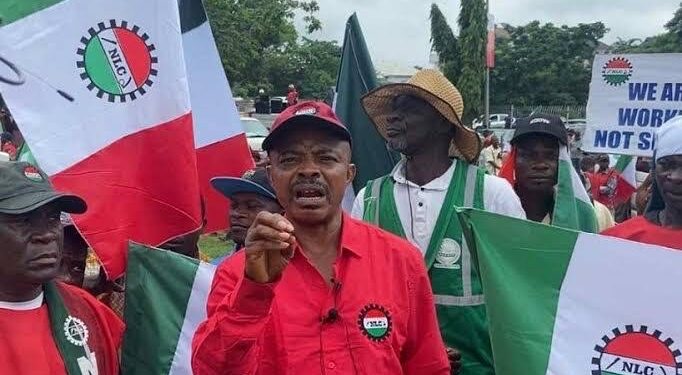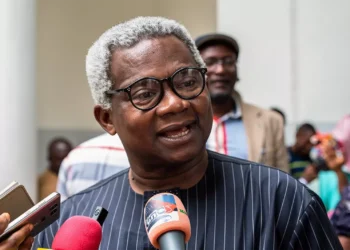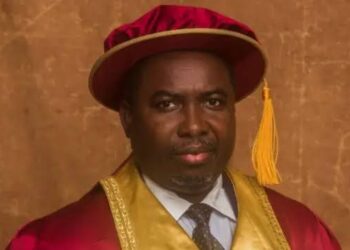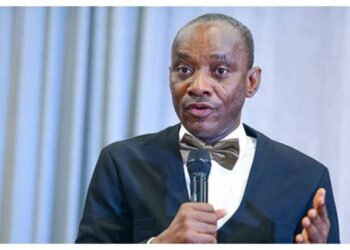Organized Labour has strongly advised the Federal Government to dismiss any notion of proposing N100,000 as the revised minimum wage. Furthermore, it urged the government to engage in meaningful negotiations concerning workers’ wages, emphasizing that it utilized the lowest minimum amount to determine N615,000 as the proposed new minimum wage. It is worth noting that Organized Labor, which includes the Nigeria Labour Congress (NLC) and the Trade Union Congress of Nigeria (TUC), withdrew from the negotiation session last Wednesday following the government’s proposal of N48,000 as the new minimum wage.
Nonetheless, Alhaji Bukar Goni, chairman of the Tripartite Committee on National Minimum Wage, has sent a letter to Organized Labour inviting them to a meeting on Tuesday. Goni remains hopeful that the government is open to further negotiations and has urged Organized Labor to come to the table with the same attitude.
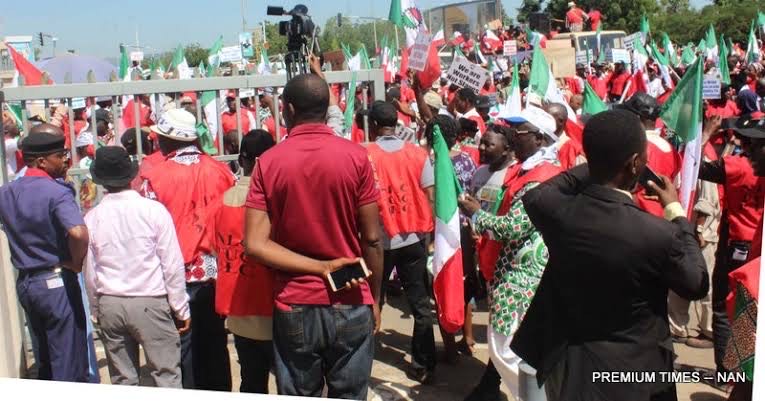
In a conversation with Vanguard in Abuja, Benson Upah, the NLC’s Head of Information and Public Affairs, affirmed that Organized Labor would attend the meeting the next day but advised the government to approach the matter earnestly.
He asserted, “Our expectations are that the government should demonstrate a sincere commitment this time around. We anticipate a more diligent approach to addressing the issue of workers’ remuneration.”
When queried about the possibility of accepting N100,000 as rumored in certain circles, he responded, “It would be unjustifiable for several reasons. Initially, when we proposed N615,000, we meticulously itemized the breakdown. For instance, we allocated N40,000 for accommodation and N500 for food, which raises concerns about providing sufficient sustenance for a family of six. Moreover, our estimates were conservative and subsequent to our request, the government significantly increased electricity tariffs by 250%, thereby inflating costs and expenses. Hence, if the government is genuinely committed, it should not entertain the notion of N100,000. It is evident that by impoverishing citizens, the nation as a whole suffers.”
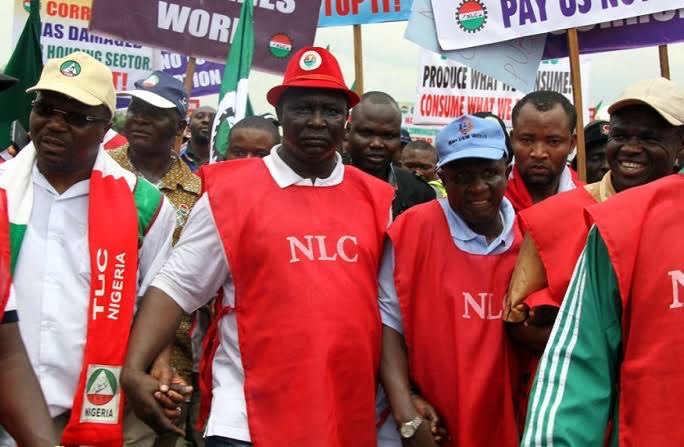
On the other hand, a member of the NLC delegation to the Tripartite Committee, Prof. Theophilus Ndubuaku, contended that accepting N100,000 would be inadequate.
He argued, “I believe N100,000 falls below adequate standards; we would appreciate a figure that can at least sustain an individual. Considering the socio-economic context and the average family size, N100,000 would not suffice. Even artisans in the private sector earn more than N100,000 monthly. Our acceptance will be contingent upon a thorough assessment of the income, expenditures, and government’s fiscal capacity. We acknowledge the prevailing hardships and expect the government to recognize the urgent need for wealth creation, transforming Nigeria into a productive nation rather than a consumer-oriented one. Furthermore, there is a pressing need to streamline governance expenses. We are willing participants in governance and seek a collaborative effort to achieve economic prosperity.”
When probed about the rationale behind not accepting N100,000, he explained, “If N100,000 is deemed feasible and the government can afford more, we will reject it. The onus lies with the government to justify why they cannot meet the N615,000 standard. We anticipate a comprehensive dialogue to address the financial constraints and explore avenues for wealth generation. It is imperative for the government to articulate its strategy for sustainable income generation, fostering prosperity, and reducing governance costs. We seek a transparent and pragmatic approach to wage negotiations, ensuring a fair and equitable resolution.”
From: Nwakaji Peace Martins


